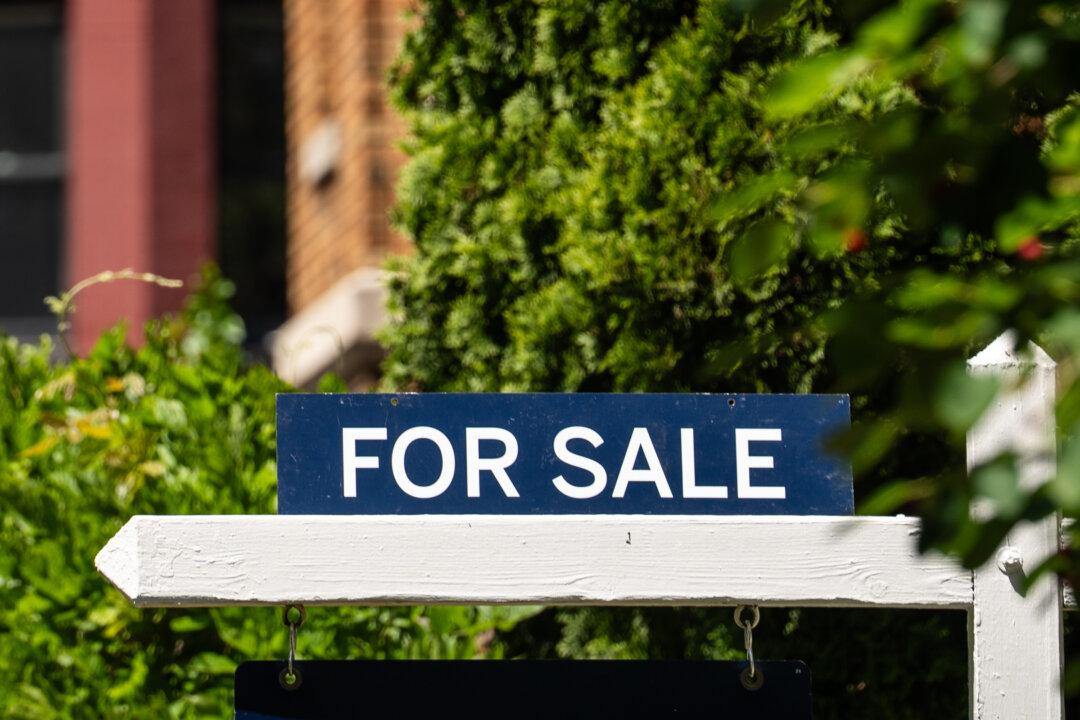Following an overwhelming defeat in this week’s recall battle, the president of San Francisco Board of Education claimed that her ouster was the consequence of “fighting for racial justice,” and that those who voted “yes” are aligned with “white supremacists.”
None of the three board members challenged in the recall won support to continue in their position. Board President Gabriela López, Vice President Faauuga Moliga, and Commissioner Alison Collins all lost their positions by margins of nearly 3 to 1, according to San Francisco’s elections department.





